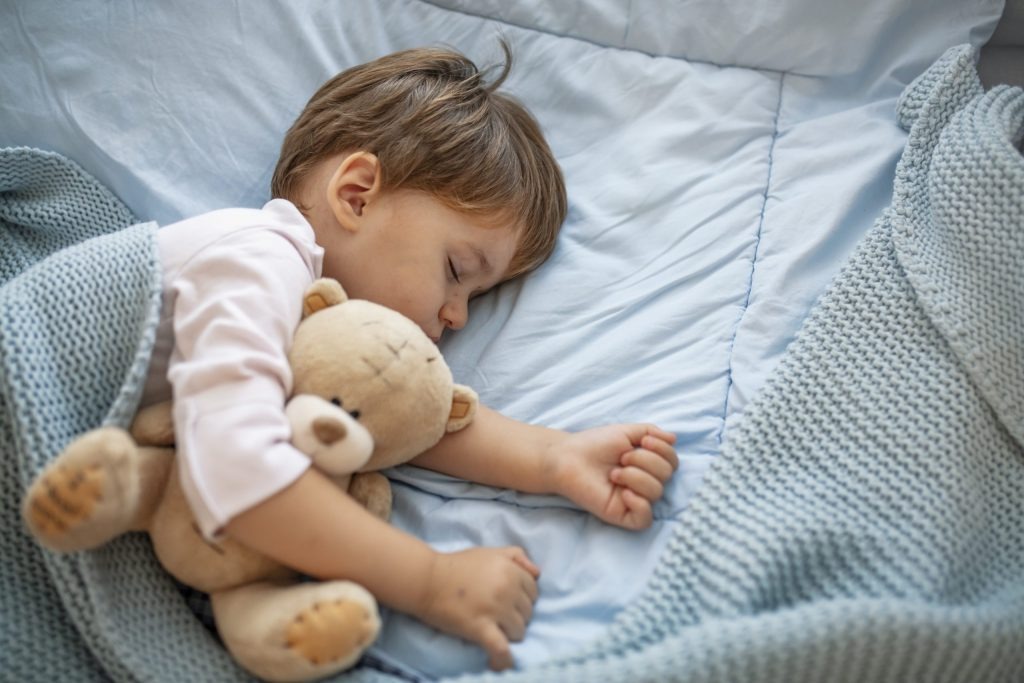Sleep is essential for children’s growth, learning, and emotional well-being. When kids don’t get enough quality sleep, it can affect their mood, behavior, attention, and even physical health. That’s why good sleep hygiene — a term that simply means healthy sleep habits — is so important, even from an early age. Helping children develop a consistent bedtime routine and a sleep-friendly environment can make a big difference in how well they sleep and how they function during the day.
One of the most important elements of sleep hygiene is having a regular sleep schedule. Children thrive on routine, and going to bed and waking up at the same time every day — including weekends — helps set their internal clock. This makes it easier for them to fall asleep at night and wake up feeling rested. If bedtimes shift drastically between weekdays and weekends, it can confuse their body and lead to sleep problems, like difficulty falling asleep or waking up too early.
Creating a calming bedtime routine also signals to a child’s body that it’s time to wind down. This routine might include activities like taking a warm bath, brushing teeth, reading a story, or listening to soft music. The key is to keep it predictable and relaxing — and to avoid stimulating activities like rough play or screen time. Screens, such as tablets, phones, or TVs, emit blue light that can interfere with the body’s natural production of melatonin, the hormone that helps us feel sleepy.
The sleep environment matters just as much. A child’s bedroom should be cool, quiet, and dark, which are all conditions that promote good sleep. Blackout curtains, white noise machines, or a small night light (if needed for comfort) can help create the right atmosphere. The bed should be used only for sleeping, not for doing homework or playing games, so the brain associates it with rest.
It’s also helpful to limit caffeine and heavy meals close to bedtime. Caffeine, found in things like soda, chocolate, and energy drinks, can keep kids awake longer than expected. Likewise, eating a large meal right before bed can lead to discomfort and restless sleep. Instead, a light snack — like a banana or a glass of milk — may be fine if a child is hungry.
Each child is different, but in general, school-aged children need about 9–11 hours of sleep per night, while younger kids need even more. If a child is constantly tired during the day, has trouble focusing, or seems cranky, poor sleep habits might be part of the cause.
Teaching good sleep hygiene isn’t just about enforcing bedtime — it’s about setting children up for success. With a regular routine, a calm environment, and a few healthy habits, kids can get the rest they need to grow, learn, and thrive. And when children sleep well, the whole family benefits.



Add a Comment